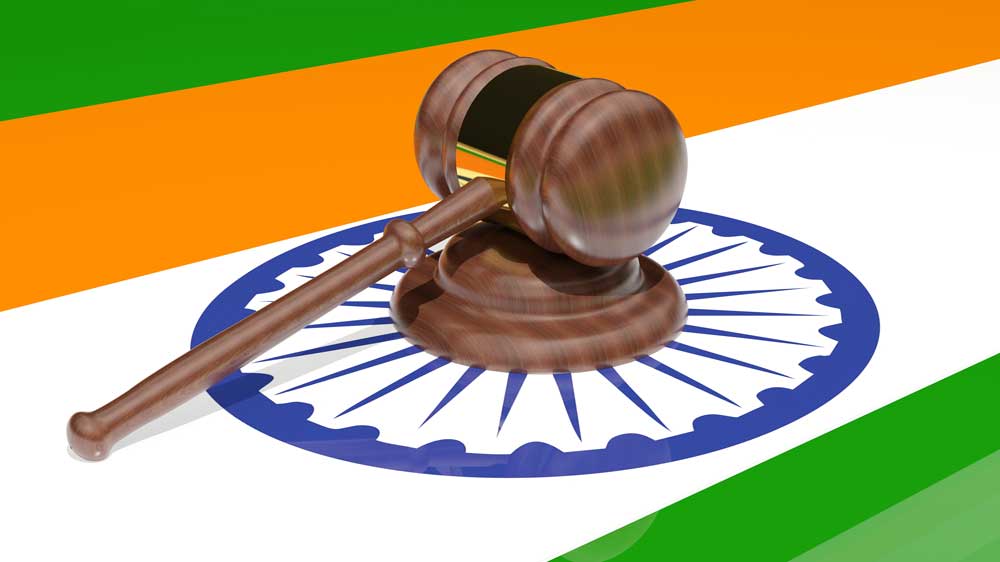Seventy-eight years after India’s tricolor first rose over a free nation, the fight for independence has shifted from the political arena to the streets, parks, and courtrooms.
Across cities and villages, citizens are quietly reclaiming public spaces for community use and winning legal battles that strengthen freedom of speech, gender equality, and data privacy — proof that liberty is not a static inheritance, but a daily practice.
Public Spaces, Public Power
In Mumbai, residents turned an abandoned industrial plot into a community garden and reading corner. In Bengaluru, activists revived polluted lakes as open-air gathering spots. In Delhi, neighborhood groups converted unused government land into sports grounds for children.
These initiatives, often funded through small donations and sustained by volunteer labor, reflect a growing belief that the commons belong to the people — and that community action can succeed where bureaucracy stalls.
Courts as Guardians of Rights
The past year has seen the judiciary affirm fundamental freedoms in landmark ways. In July, the Supreme Court expanded protections for peaceful online dissent, a move widely seen as a safeguard for free speech in the digital age.
Kerala and Delhi High Courts struck down workplace policies that discriminated against women, reinforcing gender parity. In a closely watched case, the Bombay High Court limited government surveillance powers, strengthening privacy protections ahead of the Digital Personal Data Protection Act’s rollout.
A Living Independence
For many, these victories represent a continuation of the independence movement — not in opposition to colonial rule, but against inequality, exclusion, and overreach.
“Freedom today is about access and dignity,” said Meera Bhatia, a constitutional law scholar. “It’s the right to gather, to speak, to work without discrimination, and to live without fear of intrusion.”
Seventy-eight years on, India’s independence is being renewed not just in parades and speeches, but in gardens planted, lakes restored, and rights defended — one act at a time.


